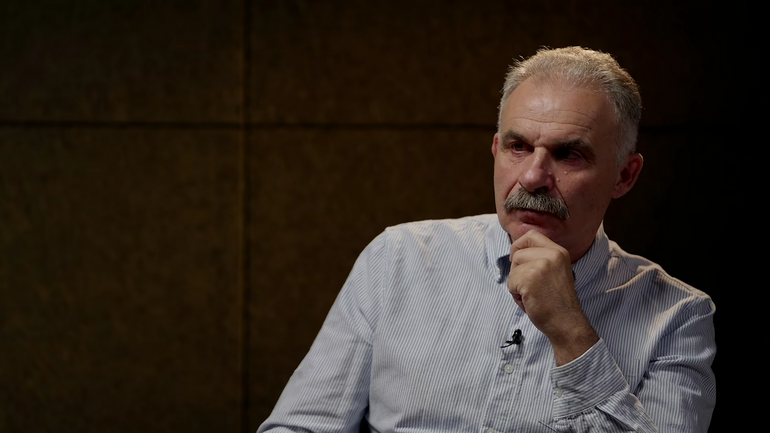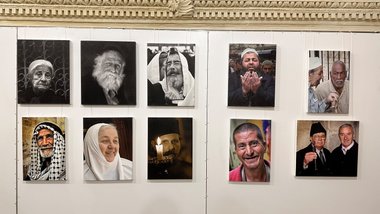'Subordination to the Moscow Patriarchate is not part of Orthodox doctrine,' - Yelenskyi

This opinion was expressed in an interview with Ukrayinska Pravda by the head of the State Service for Ethnic Policy and Freedom of Conscience, Viktor Yelenskyi.
“Freedom of conscience or religious freedom can be restricted, even if it is not a matter of national security.
For example, the law stipulates that the Russian Orthodox Church is banned, and then the text contains a nearly direct quote from the PACE resolution: 'as an ideological continuation of the aggressive regime of the Russian Federation',” he noted.
Yelenskyi emphasized that international law allows Ukraine, like other countries, to restrict this freedom for a legitimate purpose. In this case, we are talking about restricting the subversive activities of the Russian Church on the territory of Ukraine.
The second ground is if the restrictions are carried out in a manner acceptable to a democratic society.
“This law provides for an absolute democratic procedure, including the fact that it is the court that makes the final decision. That is, the procedure is acceptable to a democratic society.
Thirdly, if the law is not discriminatory, that is, it does not establish one framework for one religious organization and different for another. This law is not discriminatory,” Yelenskyi emphasized.
Another condition is that the law should not impose a burden on a person's conscience.
“Subordination to the Moscow Patriarchate is not part of the Orthodox doctrine. That is, if you do not answer to the Moscow Patriarchate or the Serbian, Antiochian, or any other, you do not cease to be Orthodox. This means that it is not a burden on your conscience,” explained the head of the State Service for Ethnic Policy.
He expressed his belief that the law “can pass the necessary tests” (for suitability and acceptability for a democratic society - ed.) and that it is aimed at “putting an end to the activities of the Russian Orthodox Church in Ukraine.”
“It is not aimed at banning the UOC. There is a very important clarification that if this Church, which is associated with the ROC, withdraws its membership, makes a corresponding statement, provides the relevant documents, then this law does not apply to it,” Yelenskyi concluded.
On August 20, the Verkhovna Rada adopted a bill banning the activities of religious organizations associated with Russia in Ukraine, which could make it impossible for the UOC-MP to operate.










